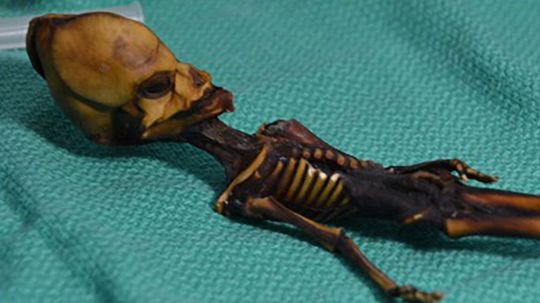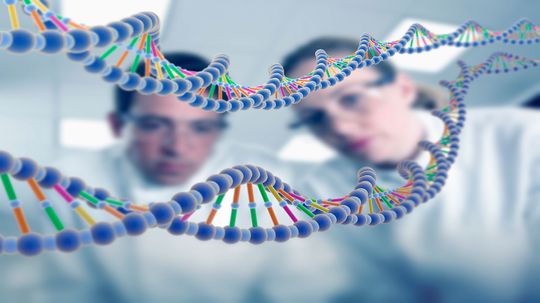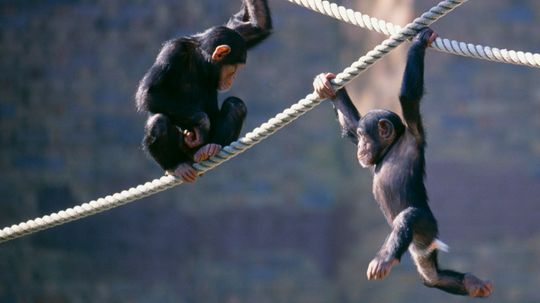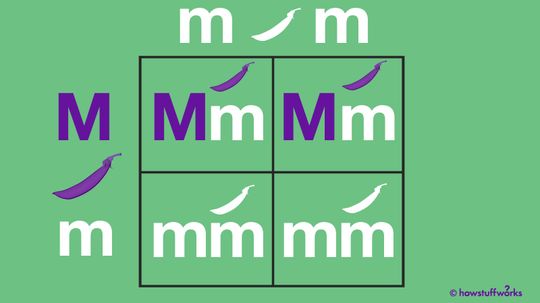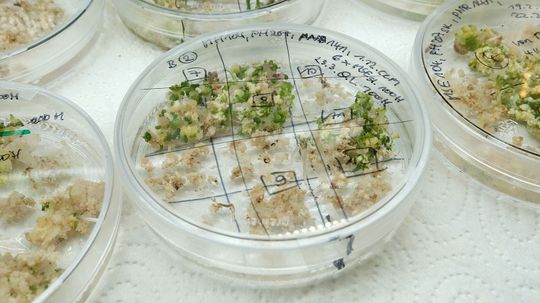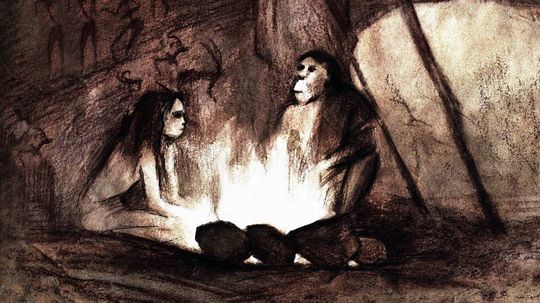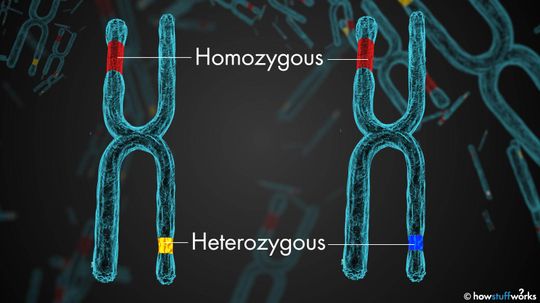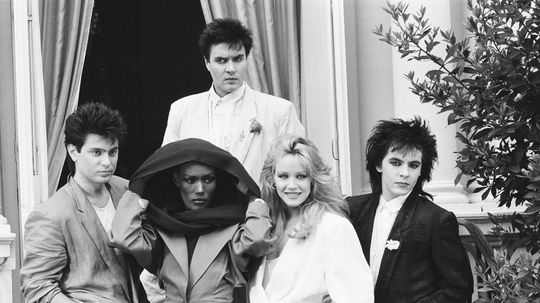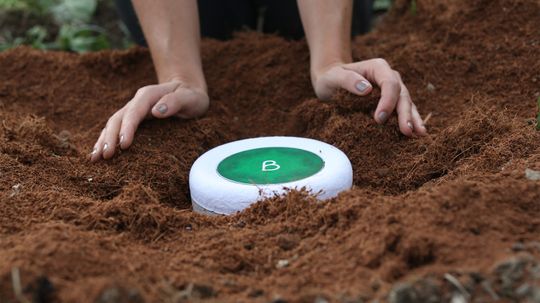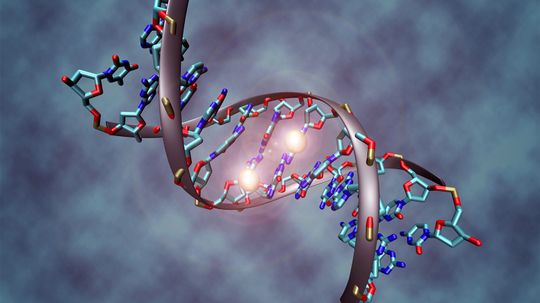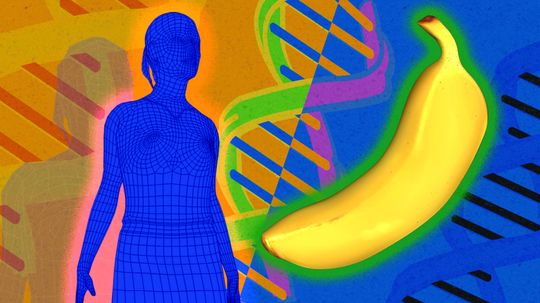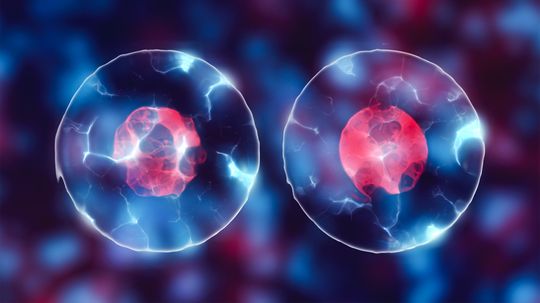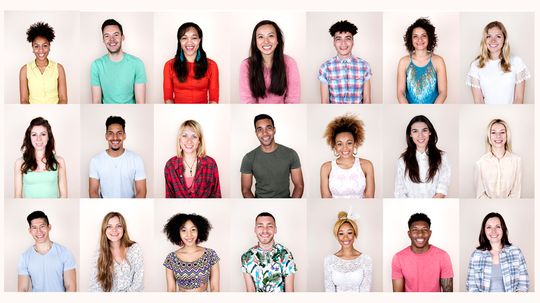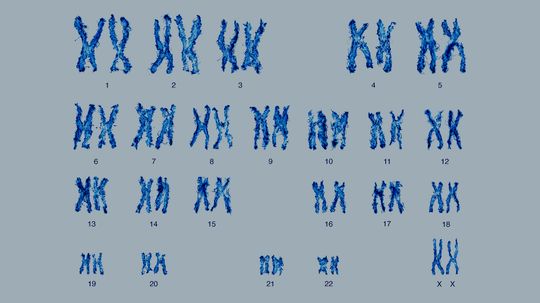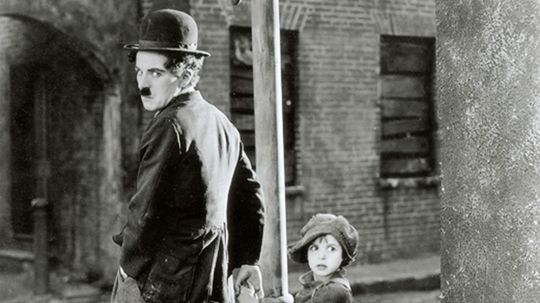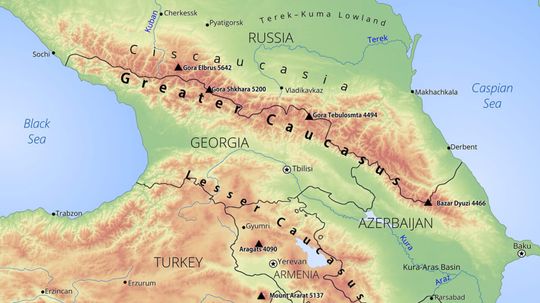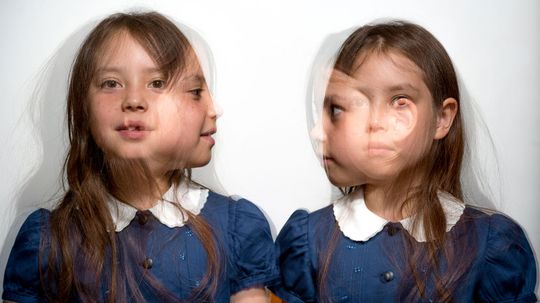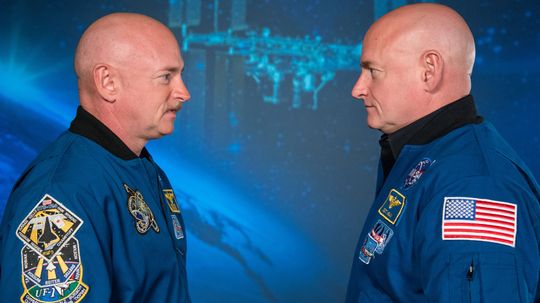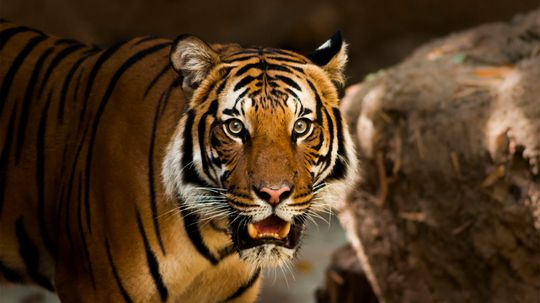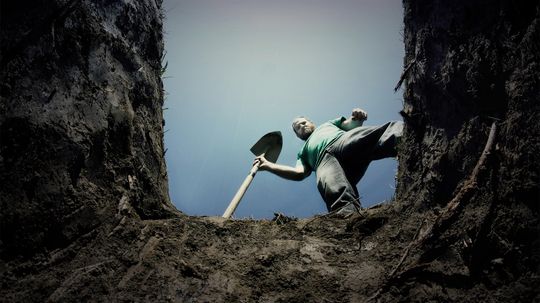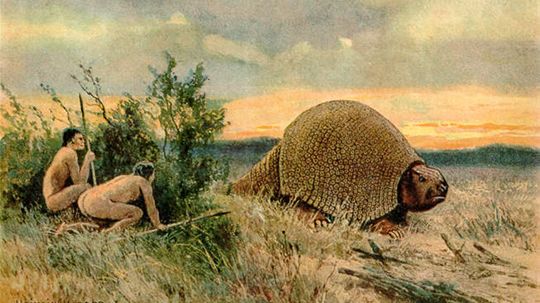Genetic Science
Genetics is the study of cellular science. It furthers our understanding of how DNA and the genetic make-up of species and can lead to cures for diseases and shape our future.

First, Second, Third, Removed, Kissing — It's Complicated! A Cousins Tutorial
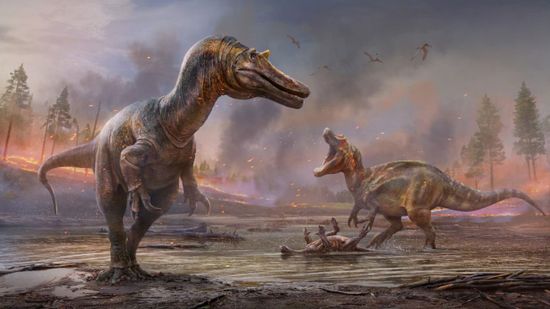
London Scientists Described 552 New Species in 2021. Here Are 4 Favorites
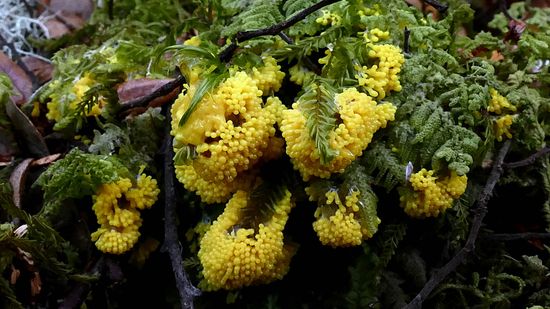
Brainless, Footless Slime Molds Are Weirdly Intelligent and Mobile
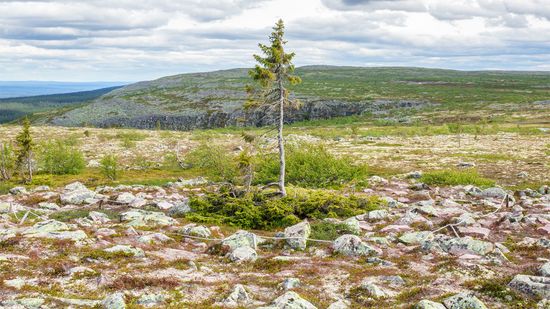
What Is the Oldest Tree in the World?
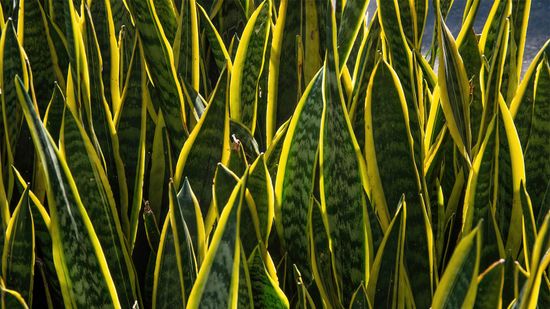
Snake Plant: A Great Plant for People Who Aren't Great With Plants
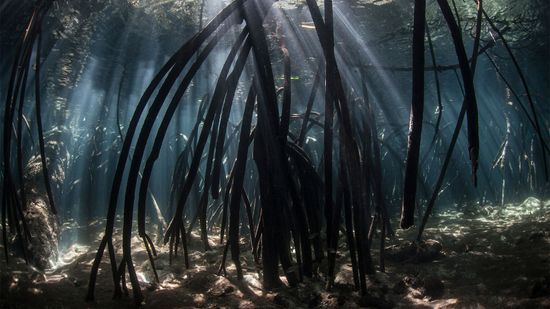
How Mangrove Forests Are Great for the Planet
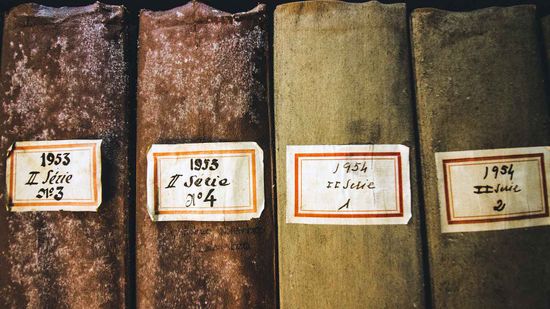
What's the Difference Between Mold and Mildew?

Poop Sleuths: Why Researchers Are Tracking Coronavirus in Wastewater

How Bad Is Black Mold, Really?
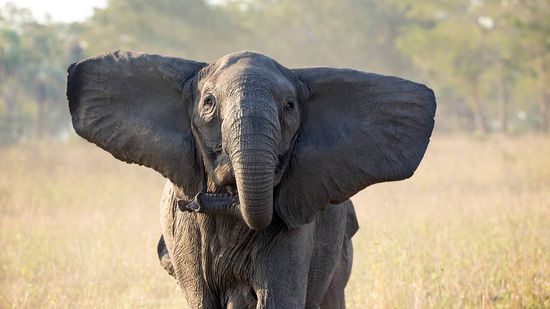
Ivory Poaching Led Only Female Elephants to Evolve Tuskless
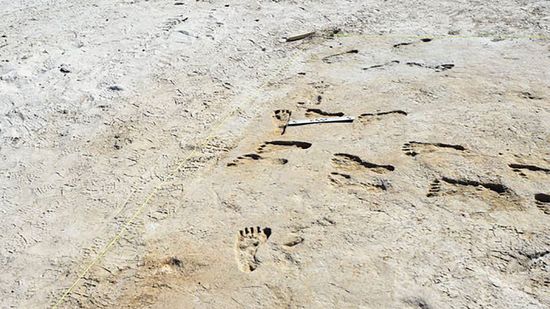
The Proof Is in the Footprints: Humans Came to Americas Earlier Than Thought
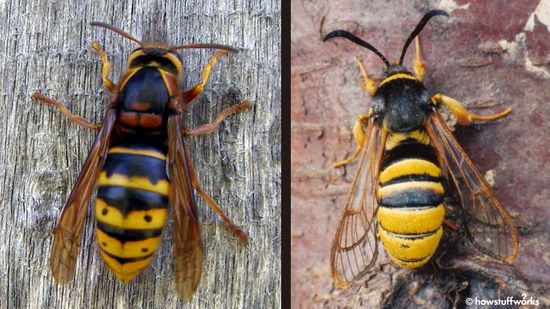
Batesian Mimicry: How Copycats Protect Themselves
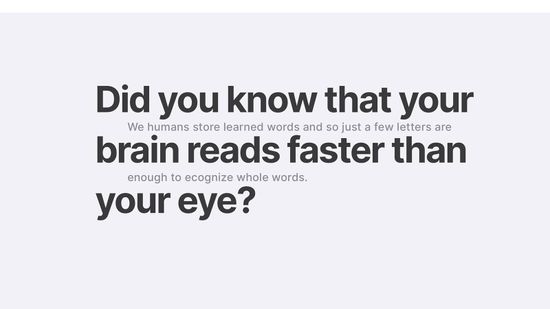
Can Bionic Reading Make You Read Faster?
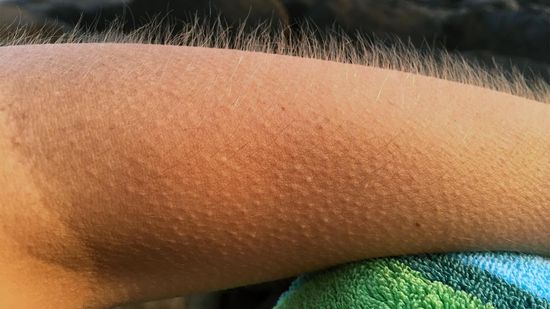
Why Do Certain Experiences Give Us Goosebumps?

Jamais Vu Is Not Déjà Vu. It's Quite the Opposite
Learn More
Changes in average height in a population say a lot about how nongenetic factors can affect human development. People in some regions have gained height while others haven't.
The Atacama skeleton has sparked intense controversy and, based on its appearance, speculation of alien origin since its discovery in 2003. But what is the real story behind this little skeleton?
The 2003 announcement that scientists had completed the first human genome came with an 8 percent gap. Now that gap has been filled and the first end-to-end human genome has been published.
Advertisement
It's more than just a cool trick. Monitoring that invisible animal DNA could have huge benefits for animal conservation.
A Punnett square helps predict the possible ways an organism will express certain genetic traits, such as purple flowers or blue eyes.
Whole genome sequencing can analyze a baby's DNA and search for mutations that may cause health issues now or later in life. But how prepared are we for this knowledge and should it be used on all babies?
CRISPR seeme创新背后的天才d impossible a decade ago. Could you grow tomatoes with the kick of hot sauce or ferment wine that doesn't cause a hangover? That's just two of the things scientists are looking into.
Advertisement
Researchers from the University of California, Santa Cruz determined that only about 1.5 to 7 percent of the modern human genome is unique to humans. The rest we share with our relatives the Neanderthals and the Denisovans.
We are who we are because of the genes our parents pass to us, but what happens when both parents contribute the same version of a specific gene?
It's one of those words that might remind you of certain gender-bending musicians from the '80s, but what does it mean today?
With cemetery space at a premium and the increasingly evident environmental drawbacks to traditional burial, what better way to memorialize your beloved pet, or a beloved person, than to turn their remains into a tree?
Advertisement
Epigenetics – instructions on how your genes are read and whether they are expressed or not – proves that your body is not permanently set on a specific course from the moment you're born.
You probably feel like you have very little in common with that banana lying on your kitchen counter. But science says you do! So, how is this possible? And is that stat accurate? We talk to the scientist who did the research.
DNA websites can give you info about your ancestry and possible health issues. They can also give you trait reports about taste preferences and personal habits. But how much of that is really DNA-driven?
At least not in nature. Scientists have discovered the two gene families that play key roles in making fruits and vegetables either round or long. Could a square fruit be on the horizon?
Advertisement
Cell division can be confusing, but it's not as difficult if you pretend chromosomes are sentences.
Humans are a diverse lot. We can look distinctively different. But is that because of race or ethnicity?
Nearly every living cell is made of DNA, and every chromosome contains exactly one molecule of DNA. But not all cells are made of the same number of chromosomes.
Before the widespread use of DNA, establishing the paternity of a child was a tricky business. Ever heard of the oscillophore?
Advertisement
It's easy to equate "Caucasian" with "white." But that one word — Caucasian — touches on issues much deeper than skin color.
Does everyone have a double out there somewhere that they don't know about? Science says the odds are pretty slim.
The study found no long-lasting differences in the DNA of the two Kelly brothers after one year space.
Scientists are banking frozen DNA in the hope of saving endangered animals in the future.
Advertisement
From solving a mystery to clearing up issues of paternity, exhuming a corpse can provide answers.
North Americans have been moving south for tens of thousands of years.

